Children’s science practice books may be a great approach to engage young students and support them in developing their skills and knowledge in a fun and engaging way. These books contain a variety of exercises, activities, and experiments that aid youngsters in developing their understanding of various scientific ideas. They are intended to be used as extra materials alongside classroom education. In this post, we’ll look at some of the top scientific practice books available for kids and talk about how you can use them to help your kid’s education.
1. Tom Robinson’s “The Everything Kids’ Science Experiments Book”
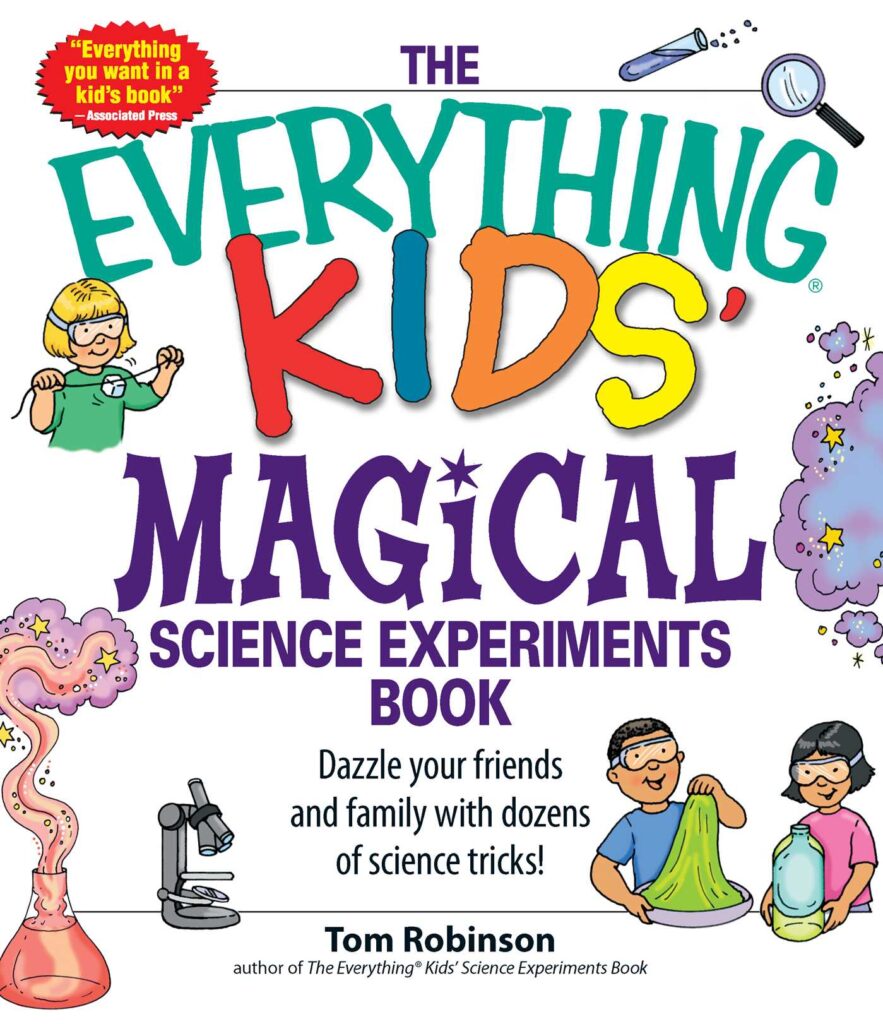
With more than 100 enjoyable experiments that can be performed at home, this book is a favorite of both parents and kids. The experiments are made to be carried out using everyday objects and cover a wide range of scientific topics, including physics and chemistry. Each experiment comes with step-by-step directions and instructive graphics that make it simple for kids to follow along and comprehend the underlying scientific concepts.
2. The National Geographic Kids publication “Science Encyclopedia”
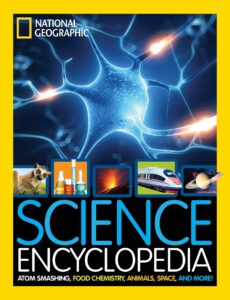
This thorough encyclopedia of science is intended to be your child’s one-stop resource for all of their scientific inquiries. From the fundamentals of physics and chemistry to more complicated ideas like genetics and astronomy, it covers a wide spectrum of subjects. Together with gorgeous images and graphics, the book provides thorough explanations of every idea. For kids who are interested in the world around them and want to learn more about the science that underlies it, it is a great resource.
3. Neil Ardley’s “101 Amazing Science Experiments”
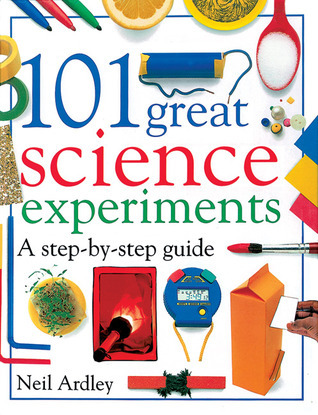
This book provides a broad variety of straightforward scientific experiments that anybody may do using common home materials. Children may develop their abilities and understanding while also becoming more enthusiastic about science thanks to this. The experiments are designed to be interesting and exciting and cover a wide spectrum of scientific topics, from biology to physics. Each experiment comes with detailed directions and useful images that make it simple for kids to comprehend the underlying scientific ideas.
4. Jenny Jacoby’s “STEM Starters for Kids Science Activity Book”
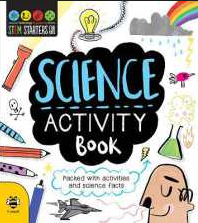
The goal of this activity book is to impart the fundamentals of science, technology, engineering, and math to young children (STEM). It includes a broad variety of interesting activities, such as experiments, mazes, and puzzles, that encourage youngsters to develop their abilities and knowledge in a playful manner. From the fundamentals of electricity and magnetism to more complicated subjects like robots and coding, the activities cover a wide spectrum of scientific ideas.
5. Susan Akass’ “My First Science Book”
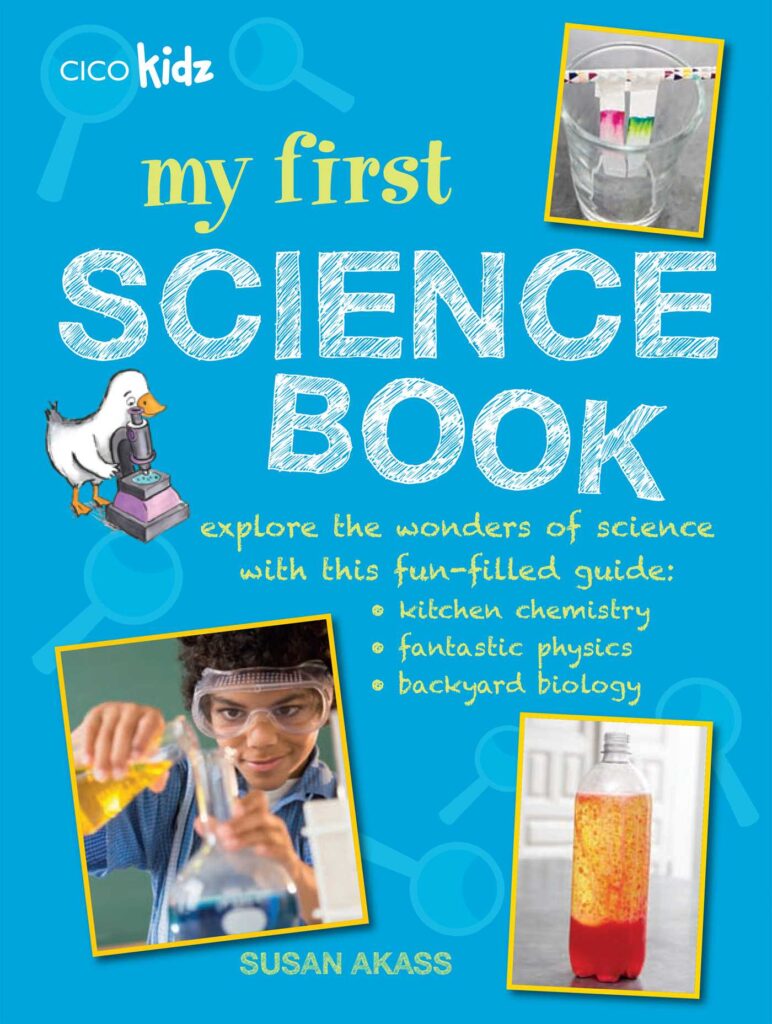
Little children who are just starting to learn about science should read this book. It provides a broad variety of straightforward and enjoyable exercises that aid kids in developing their abilities and knowledge. From the fundamentals of physics and chemistry to more complicated subjects like astronomy and geology, the activities cover a wide spectrum of scientific ideas. The accompanying directions and helpful images make it simple for kids to comprehend the underlying scientific concepts of each activity.
In conclusion, scientific practice books for kids may be a great approach to engage young students and support them in developing their knowledge and abilities in a fun and engaging manner. Children can deepen their grasp of many scientific ideas through a variety of exercises, activities, and experiments that are provided by these organizations. It’s crucial to pick a scientific practice book for your child that is suitable for their age, matches their interests, and fits their learning style. Your child can acquire a lifetime love of science and grow into an eager and informed student with the help of the correct practice book.
